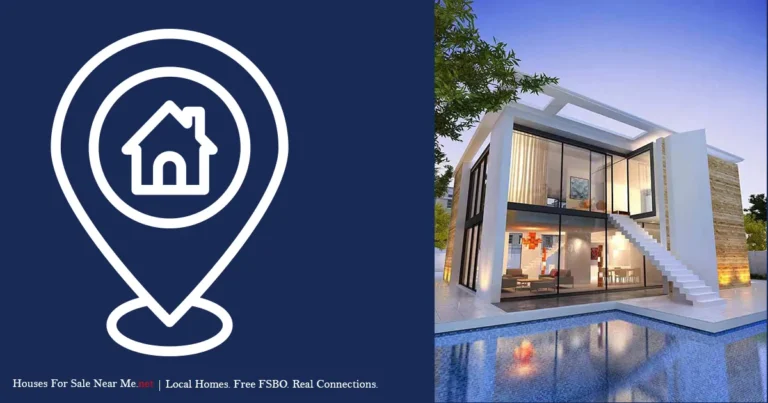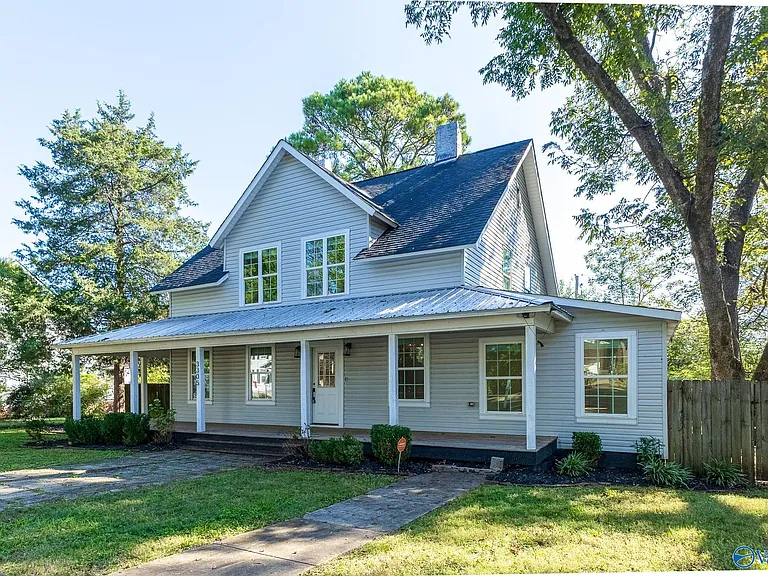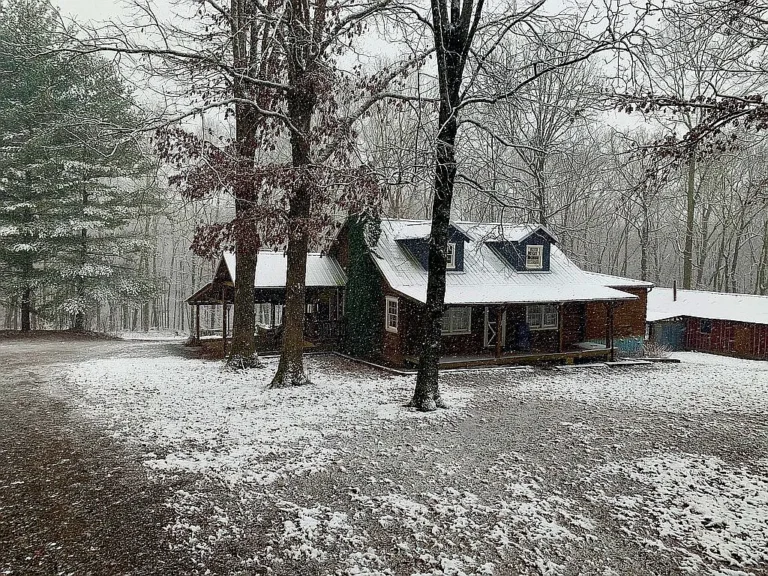How to Finance Buying a Home | Mortgage Tips for First-Time Buyers
Financing & Mortgages: A Complete Guide for Home Buyers
Learn the best financing and mortgage options when buying a home. Discover fixed vs. variable rates, down payment tips, and how to get approved faster.
Intro:
Buying a home is exciting — but for most people, the real challenge is how to pay for it. Whether you’re a first-time buyer or upgrading to your next house, understanding your financing options and the mortgage process is essential. This guide will walk you through the basics of home financing, explain mortgage types, and share tips to improve your chances of approval.
Looking for financed homes for sale in your area? Search Financed Homes Near You
Why Financing Matters When Buying a Home
- Homes are often the biggest investment in your life.
- The wrong mortgage can cost thousands over the loan’s lifetime.
- Planning your financing early helps you know what you can really afford.
Common Home Financing Options
Conventional Mortgage
- Backed by private lenders.
- Requires good credit (usually 620+).
- Down payment as low as 3–5%.
FHA Loan (for first-time buyers in the U.S.)
- Government-backed.
- Lower credit score requirements (580+).
- Ideal for first-time buyers.
VA Loan (for veterans)
- 0% down payment for eligible service members.
- No PMI (private mortgage insurance).
Adjustable-Rate Mortgage (ARM)
- Lower initial rates.
- Can increase later (risk for long-term buyers).
Pro Tip: Always compare lenders — even a 0.5% difference in interest rates can save you tens of thousands over time.
Key Factors Lenders Consider
- Credit score → the higher, the better the rate.
- Debt-to-income ratio (DTI) → keep under 43%.
- Down payment → 20% avoids PMI, but lower options exist.
- Employment & income stability.
Steps to Get Mortgage-Ready
- Check your credit report and fix errors.
- Save for a down payment + closing costs (2–5% of price).
- Get pre-approved before house hunting.
- Avoid new loans or big purchases until after closing.
How to Compare Mortgage Offers
- Use an online mortgage calculator.
- Look at APR, not just interest rate.
- Ask about hidden fees: origination, appraisal, closing costs.
- Consider locking in your rate if the market is volatile.
FAQs About Home Financing
Q: How much do I need for a down payment?
A: Many buyers put down 5–20%. Some programs offer as low as 0–3%.
Q: Can I buy a house with bad credit?
A: Yes, but expect higher rates or limited loan types. Improving your credit first pays off.
Q: Should I choose a fixed or variable mortgage?
A: Fixed = stable long-term costs; Variable = lower upfront, more risk later.
Conclusion
Financing a home doesn’t have to be overwhelming. By learning about your mortgage options and preparing early, you’ll be in a stronger position to buy the home you want — at a monthly payment you can afford.
Ready to start your home search? Browse Houses for Sale Near You or List Your Home FSBO for Free.
Are you looking for qualified and competitive finance providers?
Alongside owner-financed homes, we also connect buyers with trusted mortgage lenders and finance specialists in your area. Explore financing options →





